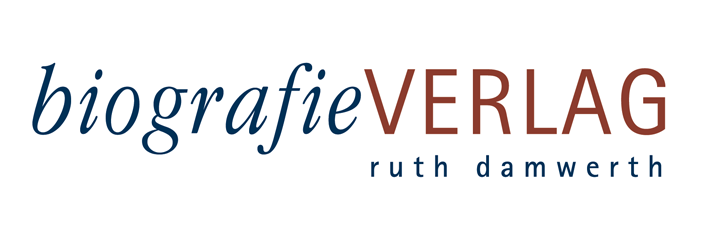Besondere Vorkommnisse: Keine. Erinnerungen eines Lehrers in der DDR.
“…eternal grouch and pessimist, adopting an oppositional stance through more or less subversive expressions to almost any problem…” So the assessment of a teacher colleague, who was watching him as a Stasi informant. It was quite an accurate description of the author’s attitude towards the GDR. As a young adult Hans-Dieter Waltz had been strongly influenced by the war and by National Socialism, that he had had to participate in actively as a ninth grade student. His hope to finally live in a free country was destroyed by the developments in East Germany. In his account Waltz relives the time of National Socialism and the GDR and allows the reader an insight into daily life and the development of schooling in the GDR. Even though his age was setting him limits, post-reunification the PhD chemist was active in various ways in the organization of the new democratic order on a municipal level. 2001 he was honored with a First Class Federal Cross of Merit for his lifetime achievement.
Waltz, Hans-Dieter: Besondere Vorkommnisse: Keine. Erinnerungen eines Lehrers in der DDR.
ISBN 978-3-937772-18-9, Paperback, 280 pages, 24,90 Euro
“Making plans turned out to be a similar mania as the dreadful state of conferences had already proven to be. There was sitting upon sitting – no end in sight. The daily work affairs, of course, needed to be sorted during the weekly team conferences. Most important things, especially those of the most essential nature (and which were not of the most essential nature?), were dealt with in these “pedagogical councils” that we had the joy of looking forward to each six to eight weeks. This is where the headmaster had the thoroughly taken advantage of opportunity to lay out the state of affairs of the students’, teachers’ and individual classrooms’ political and ideological development, to make (mandatory) suggestions relating to labor optimization and to deal out copious amounts of criticism about sub-standardly functioning colleagues. Rarely did anyone emerge unscathed. (…) Many a problem could only be solved with all the colleagues of an individual grade level involved, so, about three to four times a year a grade conference (Stufenkonferenz) was called. If one happened to teach across multiple grade levels, this meant an additional ten to twelve conferences. Each school had expert roundtables (Fachzirkel) relating to the different subjects that were taught. All teachers had to be a part of the roundtable relating to the subject they taught in order to coordinate the matters of the subject and these roundtables met every four weeks. As everyone taught multiple subjects this was adding another eight “conferences” per year. As roundtables were also held on district level and each teacher was assigned to one or more this meant another five to six annual sessions to look forward to. The most important tool kit and equipment was imparted at the so called “Parteilehrjahr” (regular “guidance and coaching” by the Socialist Unity Party) that needed to be visited every four weeks. In addition, this particular conference called for written preparation. (…) And of course other organizations also insisted upon their right to congregate, for example the school group of the German Soviet Friendship Alliance (DSF - Deutsch-Sowjetische Freundschaft), as who in their right mind would not have friendship with Soviet persons at the top of the list of their heart’s priorities and want to communicate about it? (…) And as a teacher could barely function in relation to their own subjects without being instructed such conferences that instructed on being instructed were also included…”
